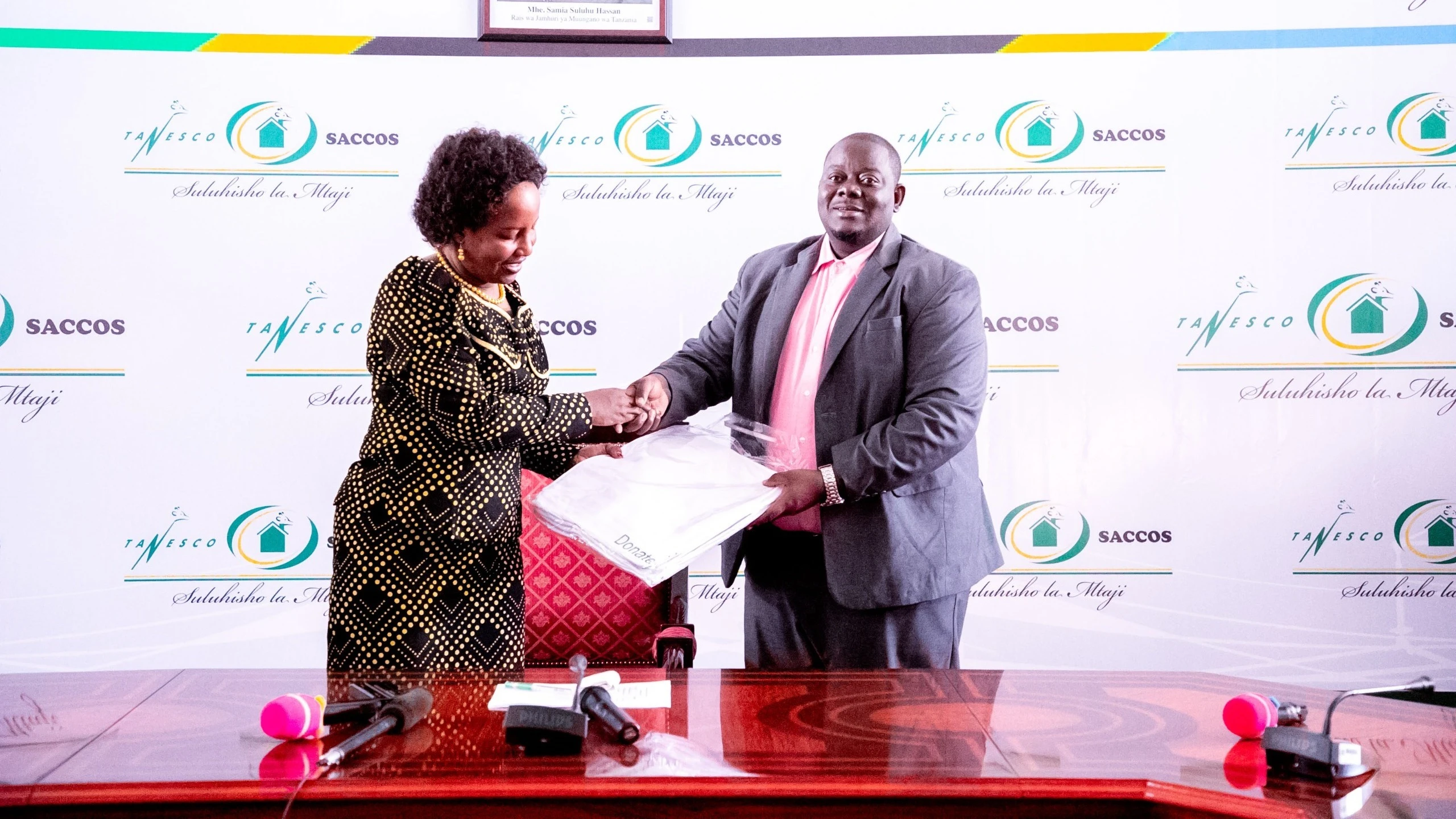UDSM earns slot 32 in quality ranking of African universities

THE University of Dar es Salaam (UDSM) has been ranked 32nd in Africa and the only Tanzanian university among the continent’s top 50.
The rankings are conducted by a specialised online survey group passed in the New South Wales province in Australia, which describes its exercise as an international higher education portal and search engine featuring reviews and rankings of over 14000 universities and colleges since 2005.m the year it was set up.
The ranking is designed to make it a leading international higher education directory and search engine featuring reviews and rankings of over 13,900 officially recognized institutions of higher learning, the profile says.
It stresses that it is not an academic ranking and therefore should not be adopted as the main criteria for selecting a higher education organization where to enrol and study.
It asserts the need for ranking methodology transparency and the ability of testing and reproducing the result so obtained “as suggested by the Berlin Principles on Ranking of Higher Education Institutions,” and is decidedly “less stringent than for academic university rankings.”
The Sokoine University of Agriculture (SUA) follows at 96th in Africa on the basis of the reference methodology, while the two institutions are the only Tanzanian higher learning entities appearing in the ranking of top 100 higher learning institutions in the continent.
A local overview says that while the latest rankings reflect steady progress, they also highlight persistent gaps that limit Tanzania’s standing on the global academic stage.
Within the East African Community (EAC) zone, Tanzania trails its peers, as Makerere University in Kampala is placed on slot 12 in Africa, while the University of Nairobi stands at 24th placing. The University of Rwanda in Kigali similarly appears in the top 100, reflecting the region’s growing competitiveness, the review noted.
Looking at the wider list of all surveyed institutions, the UNIRANKS® 2025 of global university rankings has 31 verified Tanzanian higher learning institutions featuring on the list.
While the mention of several institutions of higher learning marks a positive step in international academic visibility, none of the Tanzanian universities earned the prestigious ‘elite university’ status — a title reserved for institutions that demonstrate outstanding performance across key academic and research indicators.
UNIRANKS® evaluates institutions worldwide by evaluating impressions on teaching quality, research output, internationalisation and graduate employability, covering aspects like learning environments, student-to-staff ratios, research impact, global partnerships and the job-readiness of graduates, the profile indicates.
To reach elite status, universities must demonstrate outstanding performance in each area, especially in research visibility and international reputation. “Most Tanzanian institutions fall short of these benchmarks,” it affirmed.
Despite not achieving elite status, several Tanzanian institutions are showing encouraging signs of upward momentum, especially UDSM, SUA and the Muhimbili University of Health and Allied Sciences (MUHAS), having all made progress in research partnerships, regional collaboration and academic publishing.
While global rankings remain a topic of debate, they serve as a benchmark for measuring quality and competitiveness in higher education, with reviewers asserting that for Tanzania to close the gap, sustained investment, modern infrastructure, institutional autonomy and policies that foster innovation and research excellence will be needed.
“Although the journey to elite status is ongoing, the latest rankings suggest Tanzania’s universities are steadily working to strengthen their position within Africa’s increasingly competitive academic landscape,” sources at the Tanzania Commission for Universities (TCU) affirmed.
Top Headlines
© 2025 IPPMEDIA.COM. ALL RIGHTS RESERVED






















